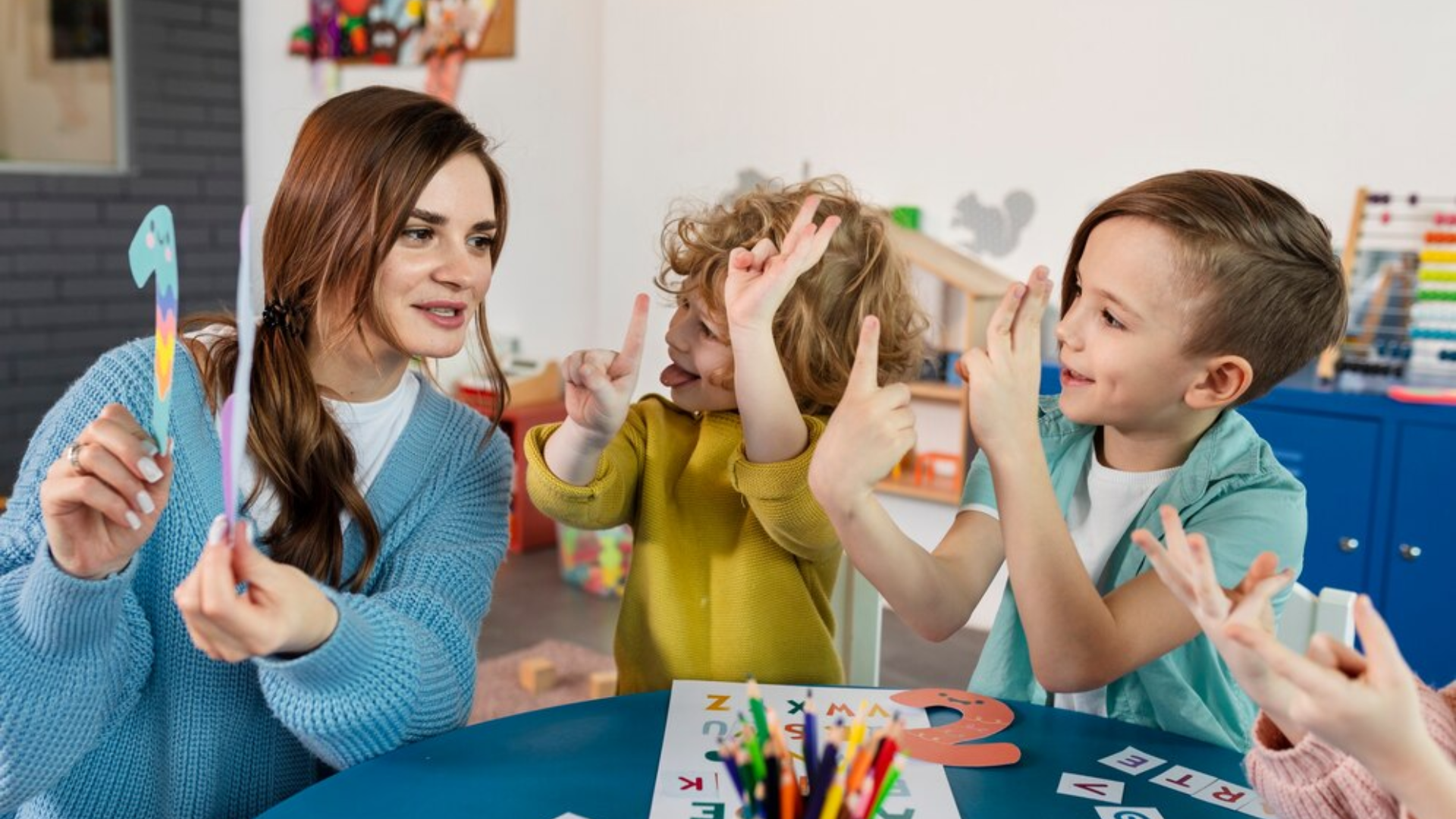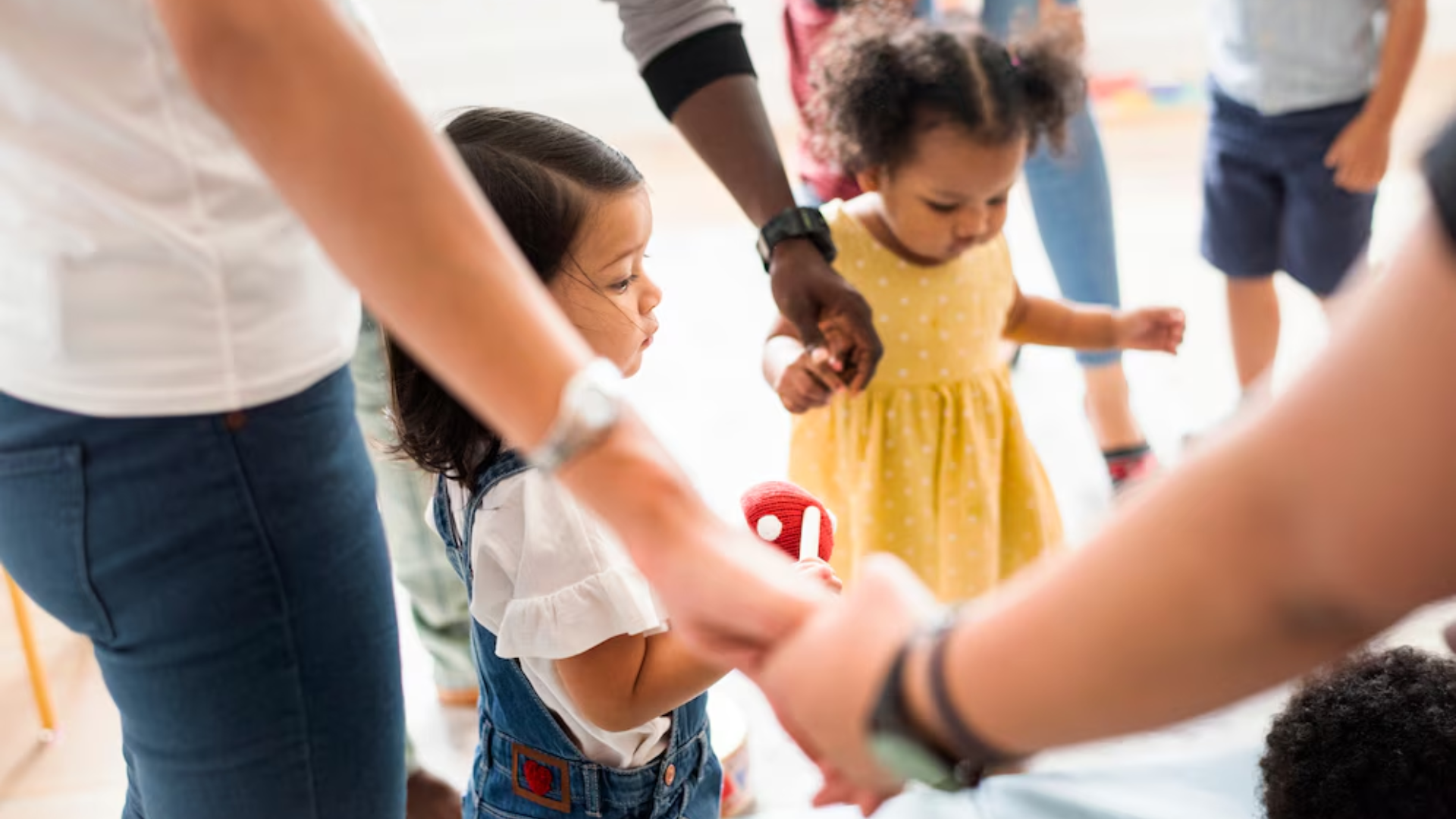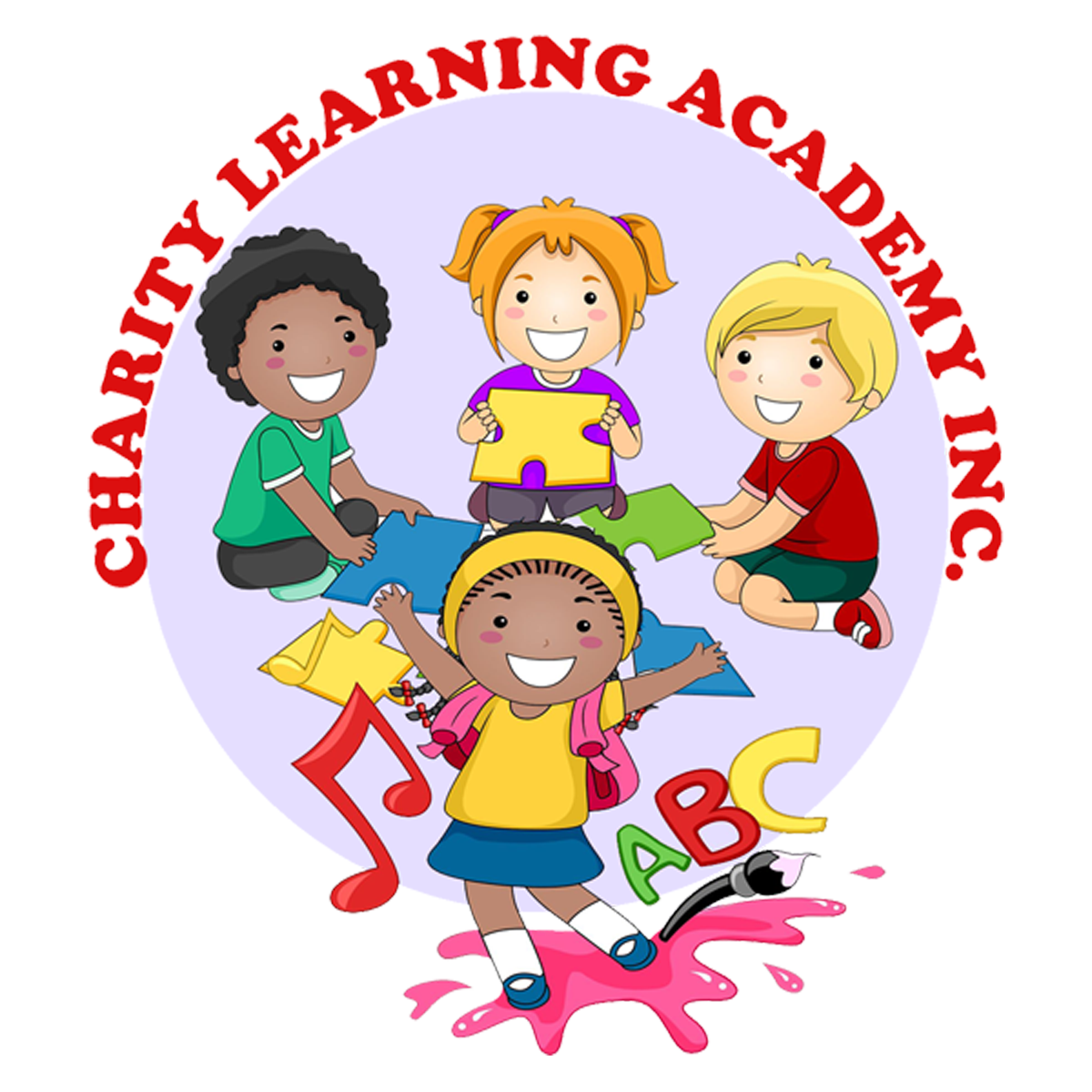Why a Loving Environment is Crucial for Infant Learning

Infancy is a magical, foundational time in a child’s life. Every smile, sound, and sensation is new, and every moment offers a learning opportunity. During these early months and years, infants are developing rapidly — not just physically, but emotionally, socially, and cognitively. While many people associate learning with formal instruction or educational toys, research clearly shows that one of the most powerful ingredients for infant development is far simpler and far more human love.
A loving environment does more than just make a baby feel good. It literally shapes how their brain grows, how they process experiences, and how they develop the capacity to learn throughout their lives. Love provides the foundation for secure attachment, healthy emotional development, and lifelong curiosity.
In this post, we’ll explore what it means to create a loving environment for infants, why it matters so much for early learning, and how parents, caregivers, and early education centers can provide the kind of nurturing care that truly supports the whole child.
The First Years of Life: A Time of Extraordinary Growth
From birth to age three, a child’s brain forms more than one million neural connections every second. These connections are influenced by everything the baby experiences from the sound of a parent’s voice to the comfort of being held to the visual stimulation of their environment.
But these connections are not created in isolation. They are deeply shaped by the emotional quality of the relationships a child has with the adults in their life. A child who is surrounded by warmth, gentle voices, eye contact, and responsive care builds a brain that is wired for security, engagement, and learning.
On the other hand, a child who experiences neglect, harshness, or inconsistency may develop stress responses that interfere with healthy brain development. In other words, love is not just something babies need emotionally — it is something they need biologically to thrive and learn.
What a Loving Environment Really Means
A loving environment goes beyond meeting basic needs. Of course, infants need to be fed, changed, and kept safe — but they also need to be nurtured in ways that promote trust, security, and emotional bonding.
Here are some of the key components of a loving environment for infants:
1. Responsive Caregiving
Responsive caregiving means tuning into an infant’s cues and responding in a timely and appropriate way. When a baby cries and a caregiver picks them up gently, talks to them calmly, or meets their need with compassion, the baby learns that the world is safe and that their needs matter. This back-and-forth interaction helps build emotional security and lays the groundwork for communication and problem-solving.
2. Physical Affection and Presence
Touch is one of the most powerful tools for creating connection. Holding, rocking, cuddling, and skin-to-skin contact all promote bonding and calm a baby’s nervous system. Physical closeness not only provides comfort, but also stimulates the release of oxytocin — a hormone associated with love, bonding, and well-being.
3. Verbal Interaction
Even though infants can’t speak, they benefit immensely from hearing language spoken to them in a warm, engaging tone. Talking to a baby about what you’re doing, responding to their coos and babbles, and reading aloud with expressive voice help build early language skills and strengthen emotional bonds.
4. Consistency and Routine
Loving environments are predictable. When babies can count on regular routines such as feeding times, naps, and bedtime rituals — they develop a sense of stability. Consistent care builds trust and helps infants develop a basic understanding of time, sequence, and expectation, which are essential for later learning.
5. Emotional Availability
Being emotionally present means more than just being in the same room. It involves tuning into the baby’s emotional state, offering calm reassurance, and being mindful of your own tone and body language. Babies are highly perceptive they respond not only to what adults say but how they say it.
How Love Supports Brain Development
The infant brain is shaped by both nature and nurture, and love plays a major role in the nurturing side of this equation. When infants are raised in emotionally supportive environments, several positive developments occur:
1. Secure Attachment
Securely attached infants feel safe to explore their environment, knowing that their caregiver is a reliable source of comfort. This encourages curiosity and exploration both key ingredients for learning.
2. Emotional Regulation
Babies learn how to manage stress and emotions by observing and experiencing calm, supportive responses from caregivers. Over time, they begin to internalize these soothing patterns, which helps them develop emotional control and resilience.
3. Reduced Toxic Stress
Chronic stress can harm the developing brain, particularly areas involved in memory and emotional regulation. Love acts as a buffer against stress, helping infants maintain a balanced nervous system that is more open to learning.
4. Social Development
Through loving relationships, infants begin to understand social cues such as facial expressions, tone of voice, and gestures. These early lessons form the foundation for empathy, cooperation, and communication.
Love in Early Learning Settings
At Charity Learning Academy, we understand that infants are not just small learners — they are whole people in need of emotional connection, respect, and care. Our infant care programs are designed to mirror the loving environments children experience at home.
Here’s how we integrate love into our classrooms:
1. Small Group Sizes and Low Ratios
This ensures that every infant receives individualized attention and builds strong bonds with caregivers.
2. Continuity of Care
Whenever possible, we keep infants with the same caregiver over time to promote secure attachment and consistent relationships.
3. Personalized Care Plans
We work closely with families to understand each infant’s unique routines, preferences, and comfort needs. This partnership helps create a seamless connection between home and school.
4. Calm and Nurturing Spaces
Our infant rooms are designed to feel warm, safe, and inviting. Soft lighting, soothing colors, and cozy areas provide a comforting environment where babies can rest, play, and explore.
5. Emotionally Attuned Educators
Our caregivers are trained not only in infant development but also in emotional responsiveness. They understand that love is not a distraction from learning — it is the very foundation of it.
The Long-Term Impact of a Loving Start
Children who receive love and support in infancy are more likely to grow into confident, compassionate, and capable individuals. The emotional bonds they form during this time influence how they relate to others, how they handle stress, and how they approach challenges throughout life.
Here are just a few long-term benefits of a loving environment in infancy:
- Better academic outcomes in school
- Stronger social relationships
- Lower levels of anxiety and depression
- Greater self-esteem
- Improved attention span and executive function
- A lifelong love of learning
Providing emotional support during the early years is just as important as choosing the right type of care discover how both the importance of emotional support in early childhood education and selecting the right care for your child’s early years work hand in hand to build a strong foundation for your child’s future.
Conclusion
Infancy is not just about diapers, bottles, and naps it’s a profound time of growth, learning, and emotional development. A loving environment provides the safety, stability, and stimulation that babies need to thrive. When caregivers respond with warmth, empathy, and consistency, they do more than comfort a child they shape the architecture of the brain, set the stage for lifelong learning, and lay the foundation for future success.
At Charity Learning Academy, we are proud to provide an environment where love and learning go hand in hand. Our infant programs are built on the belief that every child deserves to be cherished, supported, and inspired right from the very beginning.
If you’re looking for a nurturing space where your baby will be cared for with love and expertise, we invite you to visit Charity Learning Academy and see the difference for yourself.










